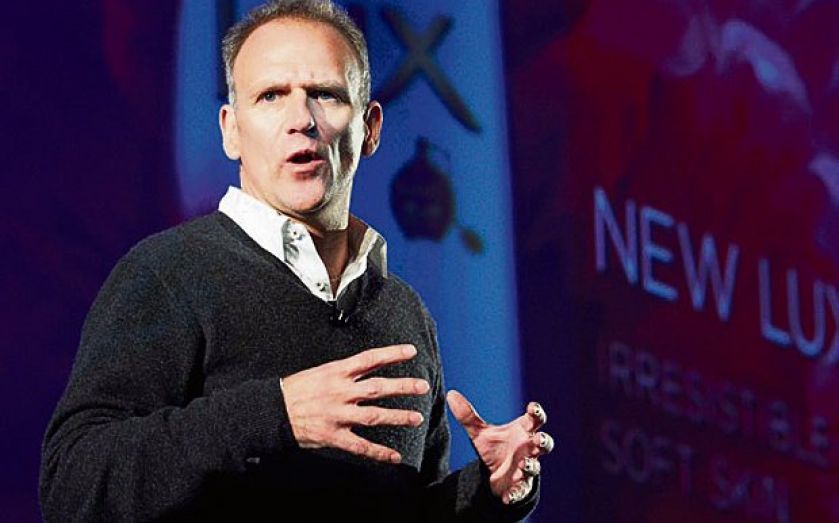Dave Lewis might be tempted to dodge crisis at Tesco, but he’d do better facing up to the truth

Dave Lewis found himself face to face with some wicked problems last week. Tesco’s new chief executive had only been in the job for a matter of days when he was confronted with an accounting scandal, dire growth forecasts, unhappy investors and irate politicians.
The kind of wicked problems Lewis faces are common in business. They are unique problems with no off-the-shelf solutions. When you solve one part of the puzzle, new problems appear elsewhere. This means wicked problems are almost impossible to solve. They leave a trail of energetic smart people defeated in their wake.
The knee-jerk reaction is to try to manage them. Executives habitually break up a wicked problem into many tame problems which can be managed. This is attractive, but ultimately disastrous. By treating wicked problems as many little problems, you often lose sight of interconnections. The tame problems don’t stay solved for long, creating constant emergencies and lots of fire-fighting.
THE DODGE STRATEGY
More seasoned executives learn to dodge wicked problems. You avoid situations where you might be landed with one. If you do have the misfortune to be in the firing line, a clever strategy is avoiding commitment. Better still, you can delay by saying the issue is so important it needs to be discussed at the company away day. You then hope people will forget about it, which they probably will.
If you can’t avoid the problem, you can always move it. A good supply of inexperienced people will help. They will be keen to take on wicked problems because they don’t know any better. When they inevitably fail, you can simply put it down to “learning”. If there are no rookies around, you can pass the problem to consultants. You know they won’t resolve the issue, but they will be happy for the fee. If there are no consultants on hand, wicked problems can be kicked into the long grass – otherwise known as committees, strategic reviews or stakeholder consultation exercises.
FACE UP TO THE TRUTH
Moving wicked problems works in the short term, but fails miserably in the longer term. They are boomerangs that, no matter how hard you throw, keep coming back. Leaders will eventually be forced to face up to them. When this happens, you must accept there will be no cuddly win-win solutions. The first job of a leader in these circumstances is to help people face up to the truth.
After getting the truth on the table, leaders must create new ways of thinking about the wicked problem. We often remain trapped in unhelpful ways of thinking, which means problems remain impossible to tackle. By seeing global warming as a threat to growth, for instance, we become defensive. By reframing this quintessentially wicked problem as an opportunity for growth, we can help galvanise action. Reframing a problem means leaders must come up with new ways of looking at the issue which make people feel like they can do something about it.
MOBILISE THE UNUSUAL
Finally, leaders need to mobilise people to address the problem. One way to do this is by harnessing the power of competition. You might get individuals or teams, both inside and outside the organisation, competing to develop a way to deal with your problem. The US government launched a series of Grand Challenges, for instance, where teams compete to develop the next generation of computers or better predict weather patterns. Or you could build unusual collaborations. This means working with partners you would normally ignore or oppose. For example, when Nike faced up to poor labour standards in its contractors’ factories, it started working with the NGOs and activists who criticised the business. Crossing boundaries is likely to be difficult and slow – but it also can produce unexpected results.
Albert Einstein said that “intellectuals solve problems, geniuses prevent them”. Often business people are neither intellectuals, nor geniuses. Good managers are skilled at dodging wicked problems. The best leaders are able to get people to face up to them, think about them differently, and ultimately start taking action.
Andre Spicer is professor of organisational behaviour at Cass Business School.
Smartphone lifesaver
Normal: Battery Analytics
69p
Normal seeks to solve a particularly wicked problem faced by smartphone owners: battery death. By aggregating data from hundreds of thousands of users, it aims to accurately pinpoint actions you can take to stop your battery being drained – even telling you how much time you can save by killing certain apps.